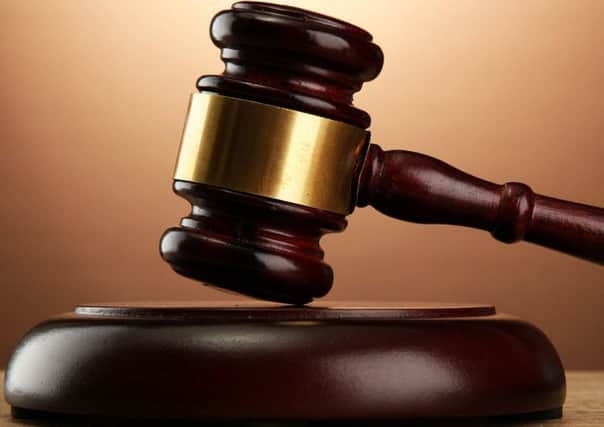Drunk driver told police he ‘was IRA’


Thomas Ruddok (71), Moy Road, Portadown, was given a suspended prison sentence last Wednesday at Craigavon Magistrates Court for a number of offences.
Ruddok had pleaded guilty at a previous court and the case was adjourned for a pre-sentence report.
Advertisement
Hide AdAdvertisement
Hide AdFor driving while unfit on July 15 he was sentenced to three months in prison, suspended for three years, and banned from driving for three years.
He was given a concurrent three-month custodial sentence, also suspended for three years, and disqualified for a year for taking a vehicle without consent.
For assaulting a police officer he was sentenced to three months in jail, suspended, and ordered to pay the officer £300 compensation.
The court heard that at 1.10am police received a report of a vehicle in a hedge on the Drumanphy Road, Portadown. They were told of a male running off in the direction of Scotch Street.
Advertisement
Hide AdAdvertisement
Hide AdThere was minor damage to the exterior of the car but the inside smelled of alcohol.
They went to the address of the last registered owner and although there were lights on no-one opened the door.
Police then let themselves in with keys they found in the vehicle and found Ruddok in a downstairs bedroom. There were fresh scratch marks on his right arm.
He started to swear at a female officer and as he was being escorted outside he pushed her and she received a cut on her finger. He continued to call her a b—h.
Advertisement
Hide AdAdvertisement
Hide AdRuddok then told her, “I’m the IRA and I will remember your face.”
He refused to give his details until the following morning. He apologised and said he had been having problems.
Mr Felim Rafferty, representing the defendant, said that Ruddok had expressed remorse.
He added that this behaviour was borne out of drink.
District Judge, Mr Mervyn Bates, pointed out that Ruddok had a history of drink driving offences, his record could not be ignored and the court had a duty to protect the public.